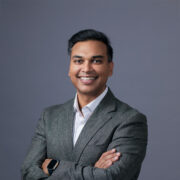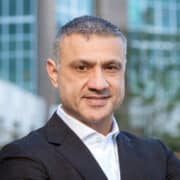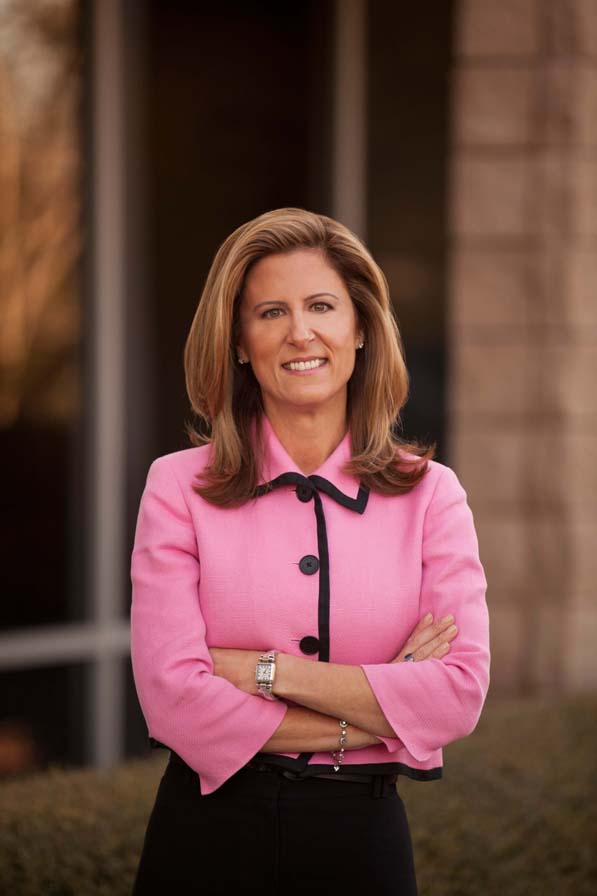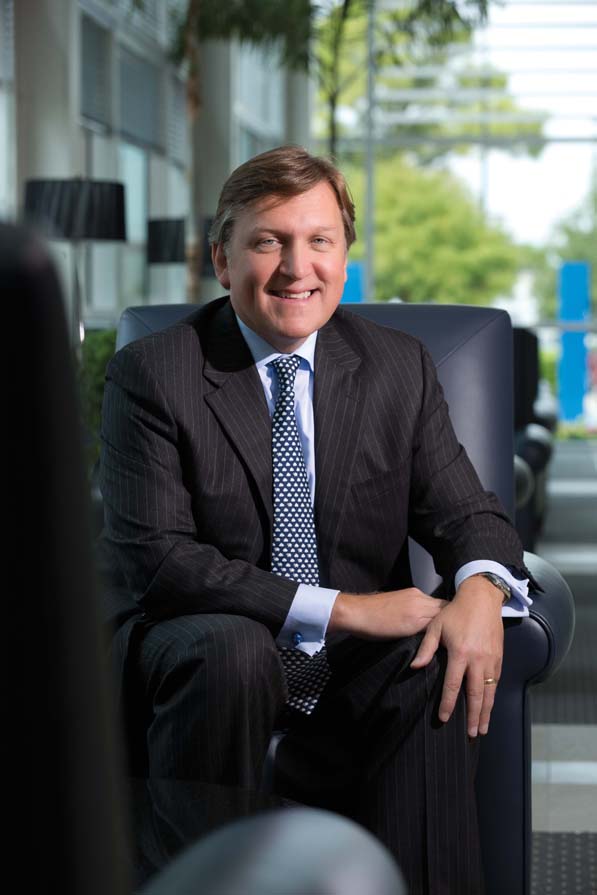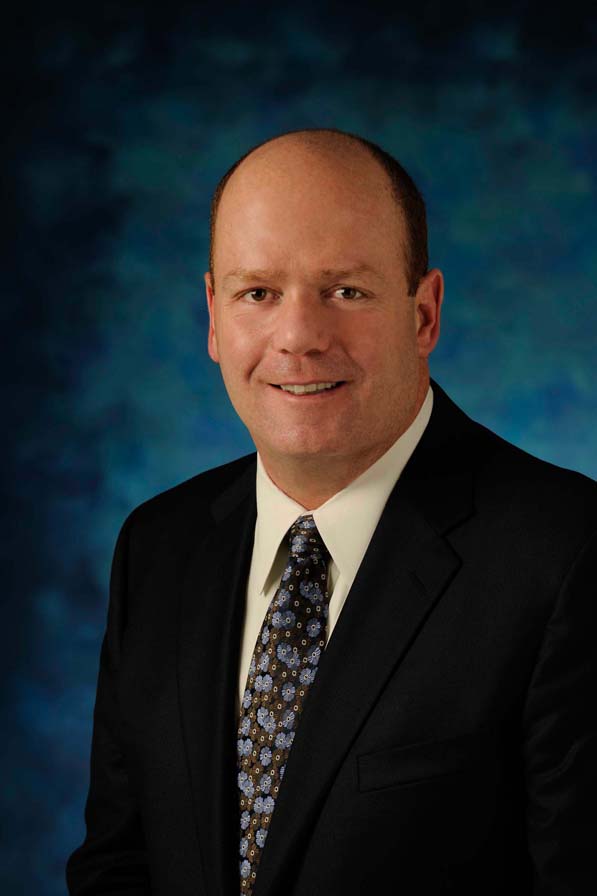
One-third military guy, one-third engineer, and one-third businessman, David Buckley is the James Bond of Cross Match Technologies, Inc. The president and CEO took time out of his busy schedule to talk with Profile about the fascinating high-tech field of biometrics and how, for Cross Match, the industry’s market leader, the mission comes first and profitability comes second.
What is Cross Match Technologies?
Buckley: We are one of the world’s leading standards-based biometrics providers, which means we provide fingerprint readers, iris scanners, and facial-recognition solutions. While we work with law-enforcement agencies that are looking for criminals, we also are specialists in enrollment. That’s important in settings where you have to show proof of who you are. Paper IDs don’t mean much today.
Who are your clients?
Buckley: Governments, law-enforcement agencies, and private businesses around the world. We’re the leader in the United States, but more than 40 percent of our business is outside the US.
How do your products work?
Buckley: Our systems capture, store, identify, and manage your unique physical characteristics to establish and verify identity. We can manage whatever the customer wants, from end-to-end solutions or any part of that, which includes software, data management, and the equipment for enrollment or verification.
It sounds like very high-tech stuff.
Buckley: It is. The technology and know-how have only been around for the last 20 years or so. There are probably about 400–500
scientists and engineers in the world who are experts in biometrics. Fortunately, we have about 150 of them, the lion’s share, working for Cross Match.
How has the identification game changed in the last couple of decades?
Buckley: Well, as I mentioned, biometrics is a very new technology. Before then it was all ink and paper. You rolled your fingerprints over an ink pad and pressed them on paper. Now, most customers do not even accept paper-and-ink fingerprints.

Cross Match is the largest and best-known independent biometrics company in the world, offering technology, applications, and software solutions on multiple tiers. Several competitors were recently acquired by integrators, which has left Cross Match as the nation’s only stand-alone biometrics company. Now owned by Francisco Partners, a leading technology equity-investment firm, Cross Match is imbued with greater horsepower and is poised for serious growth.
How does your background make you the perfect guy for the job?
Buckley: I graduated from the Naval Academy with a science degree, which later led me to the surface navy, performing counter-narcotics operations in the Caribbean. As a veteran, it allows me to have a common language with many of our clients and understand their needs. I got my MBA from Wharton and worked for a while at Price Waterhouse and General Electric in operations, consulting, and business leadership roles.
Do you ever wonder how your Navy service would have been different if you had Cross Match technology?
Buckley: If we’d had our technology back when I was in the service, we could have saved so many resources. In those days, we wasted so much time taking suspects to shore facilities to determine their identities. What Cross Match provides is truly a cost saver if a soldier or sailor can determine right on site whether the person is friend or foe.
Give us some other examples besides law enforcement where biometrics systems and solutions are used.
Buckley: We also provide services to border-control agencies, voter-registration authorities, and state departments around the world. An example of this is The Global Entry program for the United States, which allows people to have an express immigration experience. This program, along with the Department of Homeland Security’s US-VISIT program, employs our equipment. Additionally, our systems are helping to fight corruption, prevent voter fraud, and secure personal information throughout the world. We are a safer world thanks to biometrics, and we are only just getting started.
I understand your systems have identified some rather notorious people.
Buckley: Yes. Given the prevalence of our systems in law-enforcement agencies and military hands around the world, we have had our fair share of high-profile criminals and terrorists that we have helped to identify. The real work is done by the police and soldiers; we are just an aid to their heroic efforts.


